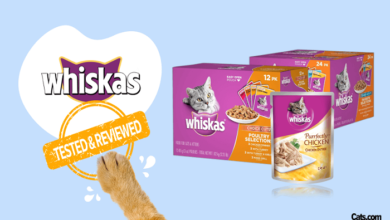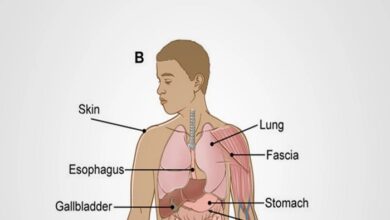
The Zycov D vaccine by Zydus Cadila, which was granted emergency use authorization (EUA) in August 2021, is the first needle-free COVID-19 vaccine to be approved for use in India. The Zycov D vaccine is administered using a needle-free applicator & is being hailed as a breakthrough in the fight against COVID-19. In this article, we will explore the science behind the Zycov D vaccine, its efficacy, & its potential to help curb the spread of COVID-19 in India.
India has been hit hard by the COVID-19 pandemic, with millions of cases & hundreds of thousands of deaths. Vaccination is seen as the key to controlling the spread of the virus & getting the country back to normalcy. The Zycov D vaccine by Zydus Cadila is the latest addition to the vaccine arsenal & is a needle-free vaccine that has generated a lot of interest & excitement.
What is the Zycov D vaccine?
The Zycov D vaccine is a DNA-based vaccine that is administered using a needle-free applicator. The vaccine contains a small, circular piece of DNA called a plasmid, which codes for the spike protein found on the surface of the SARS-CoV-2 virus. When the vaccine is injected into the body, the plasmid is taken up by cells and they produce the spike protein. The immune system recognizes the spike protein as foreign & mounts an immune response, which includes the production of antibodies & immune cells that can recognize & destroy the SARS-CoV-2 virus.
How effective is the Zycov D vaccine?
The Zycov D vaccine has shown promising results in clinical trials. In Phase 3 trials, the vaccine was found to be 66.6% effective against symptomatic COVID-19. In addition, the vaccine was found to be 100% effective against moderate to severe COVID-19, & 66.6% effective against asymptomatic cases. The vaccine was also found to be safe, with no serious adverse events reported in the trials.
How is the Zycov D vaccine administered?
The Zycov D vaccine is administered using a needle-free applicator that uses a high-pressure stream of liquid to deliver the vaccine through the skin. The applicator is placed on the skin & a button is pressed, which releases the vaccine. The vaccine is delivered in a fine stream that penetrates the skin & enters the muscle tissue underneath. The entire process takes just a few seconds & is painless.
Who can receive the Zycov D vaccine?
The Zycov D vaccine is authorized for use in adults aged 18 & above. The vaccine is not recommended for use in pregnant or breastfeeding women, or in individuals with a history of severe allergic reactions to any component of the vaccine.
What are the advantages of the Zycov D vaccine?
The Zycov D vaccine has several advantages over traditional needle-based vaccines. Firstly, the needle-free applicator is easy to use & does not require specialized training to administer. This makes it easier to administer the vaccine in remote & hard-to-reach areas. Secondly, the vaccine is more stable than traditional vaccines & does not require refrigeration, which makes it easier to transport & store. Finally, the needle-free applicator reduces the risk of needlestick injuries & eliminates the need for needle disposal, which makes the vaccine safer for healthcare workers.
You can read this similar topics article:
rajkotupdates.news : zydus needle free corona vaccine zycov d
What are the potential drawbacks of the Zycov D vaccine?
One potential drawback of the Zycov D vaccine is that it may not be as effective against new variants of the SARS-CoV-2 virus. However, this is a concern with all COVID-19 vaccines & researchers are working to develop booster shots & modified vaccines to address new variants. Another potential drawback is that the Zycov D vaccine is not recommended for use in certain populations, such as pregnant or breastfeeding women, which may limit its reach in some areas.
The Zycov D vaccine by Zydus Cadila is a promising addition to India’s vaccine arsenal, offering a needle-free & stable option for COVID-19 vaccination. The vaccine has shown promising results in clinical trials and is safe & easy to administer. However, further research is needed to determine its effectiveness against new variants & to understand its long-term safety & efficacy.




